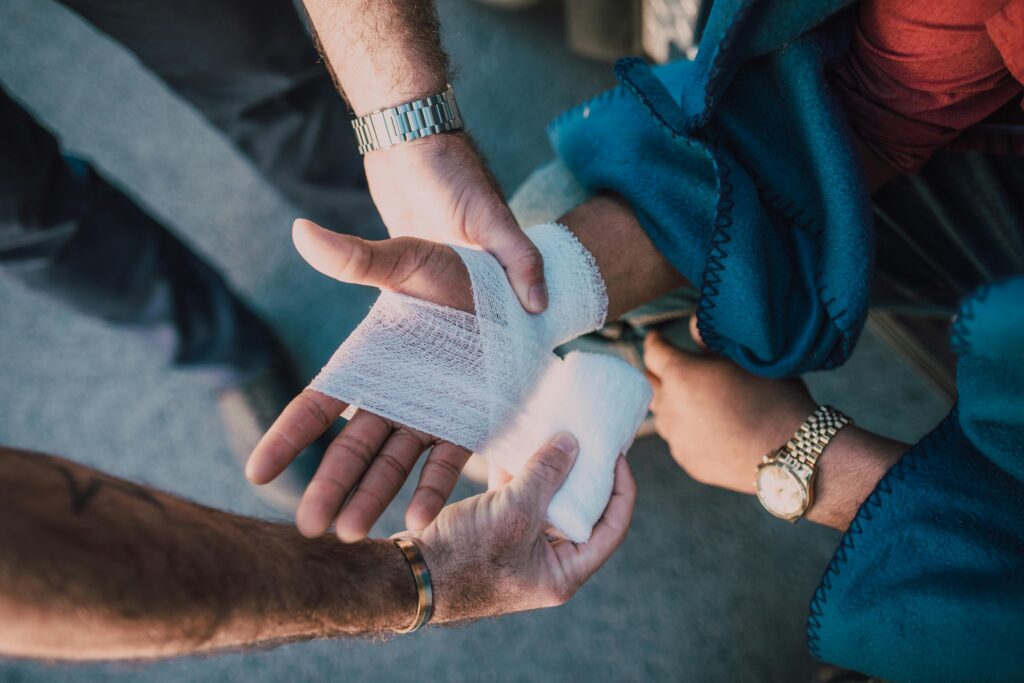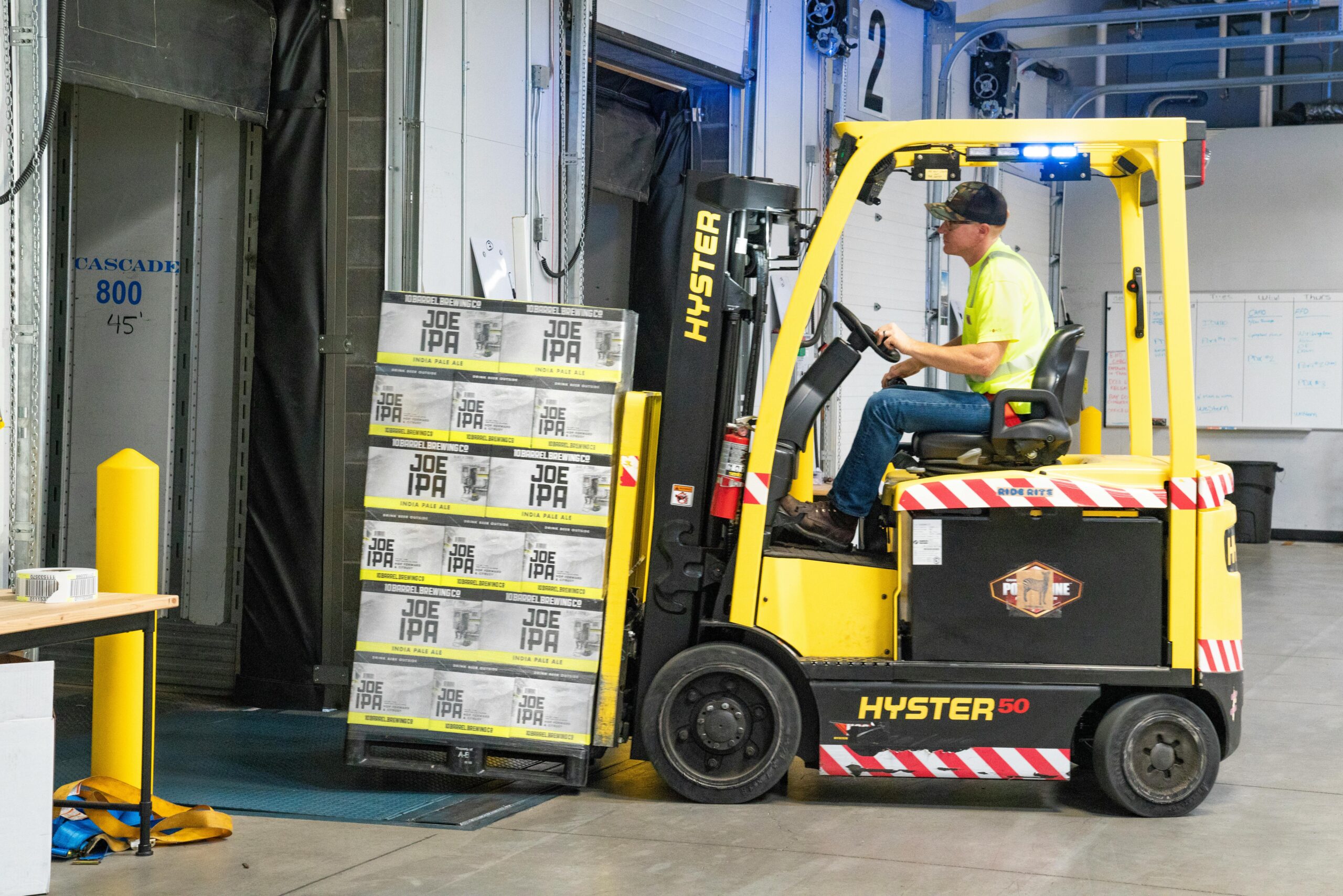Work Related Injury Attorney Near Me: Your Guide to Fair Compensation

Experiencing a work related injury can be a sudden, life-altering event. One moment you’re going about your day, and the next, you’re facing pain, medical bills, lost wages, and uncertainty about your future. It’s a stressful situation, and navigating the complexities of workers’ compensation laws or personal injury claims can feel overwhelming, especially when you’re also trying to recover. If you’re searching for a work related injury attorney near me, you’re looking for a dedicated advocate who understands the intricate legal landscape and can protect your rights, ensuring you receive the fair compensation you deserve. This comprehensive guide will walk you through why legal representation is vital, what to look for in an attorney, and how to approach your claim with confidence.
Why You Need a Work Related Injury Attorney After an Accident
It might seem straightforward: you got hurt at work, so your employer or their insurance should cover it, right? Unfortunately, the reality is often far more complicated. Employers and insurance companies are businesses, and their primary goal is often to minimize payouts, not maximize your recovery. This is where a skilled work related injury attorney becomes indispensable.
Protecting Your Rights After a Workplace Injury
When you’re injured, you have specific legal rights as an employee. These rights can easily be overlooked or even violated without proper legal guidance. An attorney ensures:
- Timely Reporting: You adhere to strict deadlines for reporting your injury.
- Access to Medical Care: You receive appropriate and necessary medical treatment without undue delays or limitations.
- Fair Investigation: The circumstances of your injury are thoroughly and impartially investigated.
Navigating Complex Workers’ Comp Laws
Workers’ compensation laws and personal injury statutes vary significantly by jurisdiction and are notoriously complex. An attorney brings expertise in:
- State-Specific Regulations: Understanding the nuances of your local workers’ compensation system, including eligibility, benefits, and appeal processes.
- Legal Precedent: Leveraging past case outcomes to strengthen your claim.
- Insurance Company Tactics: Recognizing common strategies used by insurers to deny or devalue claims and counteracting them effectively.
Maximizing Your Work Injury Compensation
Without legal representation, you risk settling for far less than your claim is worth. An attorney works to ensure you receive compensation for:
- Medical Expenses: Past, present, and future medical care, including rehabilitation and prescription costs.
- Lost Wages: Both past and future earnings lost due to your inability to work.
- Permanent Disability: Compensation for any long-term impairment or loss of earning capacity.
- Pain and Suffering: In some cases, particularly if a third party was at fault, you may be eligible for non-economic damages.

Handling Denied Claims and Appeals
It’s not uncommon for initial workers’ compensation claims to be denied. If your claim is denied, an attorney can:
- File Appeals: Guide you through the appeals process, representing you at hearings and challenging adverse decisions.
- Gather Evidence: Collect additional medical records, witness statements, and expert testimony to bolster your appeal.
- Negotiate Settlements: Engage in robust negotiations with the insurance company to reach a fair settlement.
What to Do Immediately After a Work Related Injury
Your actions in the immediate aftermath of a workplace injury can significantly impact your claim.
- Report the Injury Immediately: Notify your supervisor or employer in writing as soon as possible, ideally within 24-48 hours. Include the date, time, nature of the injury, and how it occurred. Keep a copy for your records.
- Seek Medical Attention: Even if you feel okay, some injuries manifest later. Get examined by a doctor. Be thorough and honest about your symptoms, and explain clearly that it’s a work-related injury. Follow all medical advice and attend follow-up appointments.
- Document Everything:
- Photos/Videos: Take pictures of the accident scene, any hazardous conditions, your injuries, and damaged equipment.
- Witnesses: Get contact information (names, phone numbers, emails) from anyone who saw the accident.
- Keep a Journal: Document your symptoms, pain levels, treatments, medications, doctor’s appointments, and how the injury affects your daily life.
- Save Records: Keep all medical bills, receipts, correspondence from your employer or their insurer, and any work-related documents.
- Do NOT Provide Recorded Statements: Do not give a recorded statement to the employer or their insurance company without first consulting your attorney. Anything you say can be used against you.
- Consult a Work Related Injury Attorney: This is a critical step. An attorney can advise you on your rights, the best course of action, and handle communications with all parties involved.
Finding the Right “Work Related Injury Attorney Near Me
When searching for legal representation after a work related injury, you need an attorney with specific expertise and a strong track record.
1. Specialization in Workers’ Compensation Claims
- Focus on Experience: Look for law firms or individual attorneys who primarily handle workers’ compensation cases or personal injury cases involving workplace accidents. This specialized knowledge is invaluable.
- Case Volume: Ask about their experience with cases similar to yours. A lawyer who handles dozens of these cases a year will be more adept than one who only takes them occasionally.
2. Reputation and Track Record
- Client Testimonials & Reviews: Check online reviews on Google, Avvo, Yelp, and their firm’s website. Look for consistent positive feedback regarding their professionalism, communication, and results.
- Peer Recognition: Awards, legal publications, and recognition from legal associations (e.g., Super Lawyers, Best Lawyers) can indicate a high level of respect within the legal community.
- Case Results: While past results don’t guarantee future outcomes, ask about their success rates in similar cases.
3. Fee Structure and Transparency
- Contingency Fees: Most work related injury attorneys work on a contingency fee basis. This means they only get paid if you win your case, and their fee is a percentage of your settlement or award. This structure allows injured workers to access legal representation without upfront costs.
- Clear Agreements: Ensure you receive a written fee agreement that clearly outlines their percentage, what expenses you might be responsible for (e.g., filing fees, expert witness costs), and when payments are due.
4. Communication and Accessibility
- Responsive Team: A good attorney and their support staff will be responsive to your calls and emails, keeping you informed about the progress of your case.
- Clear Explanations: They should be able to explain complex legal concepts in a way that you can easily understand, ensuring you’re always aware of your options and the implications of your decisions.
- Compassionate Approach: Dealing with an injury is stressful. Choose an attorney who demonstrates empathy and genuinely cares about your well-being.

5. Initial Consultation with an Injury Attorney
- Free Consultations: Most reputable attorneys offer a free initial consultation. Use this opportunity to discuss your case, ask questions, and gauge your comfort level with the attorney and their firm.
- Questions to Ask:
- What is your experience with cases like mine?
- What do you think is the likely outcome of my case?
- What are the potential challenges we might face?
- How will you communicate with me?
- What are your fees and expenses?
Tip: Don’t just pick the first result for “work related injury attorney near me.” Take your time, do your research, and interview a few different firms before making a decision.
The Workers’ Compensation Claim Process: What to Expect
While every case is unique, a typical work related injury claim often follows these general steps:
- Injury Occurrence & Reporting: The injury happens, and you promptly notify your employer.
- Medical Treatment: You seek medical attention and follow your doctor’s recommendations. Your medical records will be crucial evidence.
- Claim Filing: Your employer or you (with your attorney’s help) file a formal workers’ compensation claim with the relevant state agency.
- Investigation by Insurer: The employer’s insurance company investigates the claim, possibly requesting additional information or independent medical examinations (IMEs).
- Claim Decision: The insurer approves or denies the claim.
- Appeals Process (if denied): If denied, your attorney will help you navigate the appeals process, which can involve hearings, mediation, and further legal action.
- Settlement Negotiations or Hearings: If the claim is approved or progresses through appeal, your attorney will negotiate with the insurer for a fair settlement. If no agreement is reached, the case may proceed to a formal hearing before a workers’ compensation board.
- Resolution: The case concludes with a settlement, award, or denial decision.
External Link: For detailed information on the workers’ compensation laws specific to your state, a great starting point is the U.S. Department of Labor’s Office of Workers’ Compensation Programs (OWCP) website, which provides an overview of federal and state programs.
Common Work Related Injuries and Their Impact
Work related injuries can range from minor sprains to catastrophic events, each having a profound impact on an individual’s life.
- Sprains, Strains, and Tears: Often affecting the back, neck, shoulders, and knees, these are very common, especially in physically demanding jobs.
- Slips, Trips, and Falls: Leading to fractures, head injuries, or soft tissue damage, these can occur in any workplace.
- Cuts, Lacerations, and Punctures: Common in manufacturing, construction, or healthcare settings.
- Fractures (Broken Bones): From falls, impacts, or machinery accidents.
- Repetitive Strain Injuries (RSIs): Conditions like carpal tunnel syndrome, tendinitis, or back pain that develop over time due to repetitive motions or awkward postures. Often seen in office workers and assembly line workers.
- Burn Injuries: From chemicals, heat, or electrical accidents.
- Head and Traumatic Brain Injuries (TBIs): Resulting from falls, impacts, or falling objects, with potential long-term cognitive and physical effects.
- Spinal Cord Injuries: Leading to paralysis or significant neurological impairment.
- Occupational Diseases: Illnesses developed due to workplace exposure to chemicals, toxins, or other hazardous conditions (e.g., asbestos-related diseases, respiratory conditions).
The long-term impact of these injuries can extend beyond physical pain to financial strain, emotional distress, and a diminished quality of life. An attorney helps quantify these impacts to ensure they are fully accounted for in your claim.

Don’t Face Your Work Related Injury Alone
The aftermath of a work related injury can be a lonely and confusing time. You’re recovering physically, dealing with financial anxieties, and potentially battling an uncooperative insurance company. This is precisely why having a compassionate yet assertive legal partner by your side is so crucial.
An experienced work related injury attorney near you will not only handle the legal heavy lifting but also provide peace of mind. They allow you to focus on what matters most: your recovery and getting back to a stable, healthy life. Don’t let fear or misinformation prevent you from seeking the justice and compensation you deserve.
Take control of your future. If you’ve suffered a work related injury, connect with a qualified attorney today for a free consultation and understand your legal options. Many state bar associations, like the American Bar Association (ABA), offer lawyer referral services that can help you find a reputable attorney in your area specializing in workers’ compensation or personal injury law.





